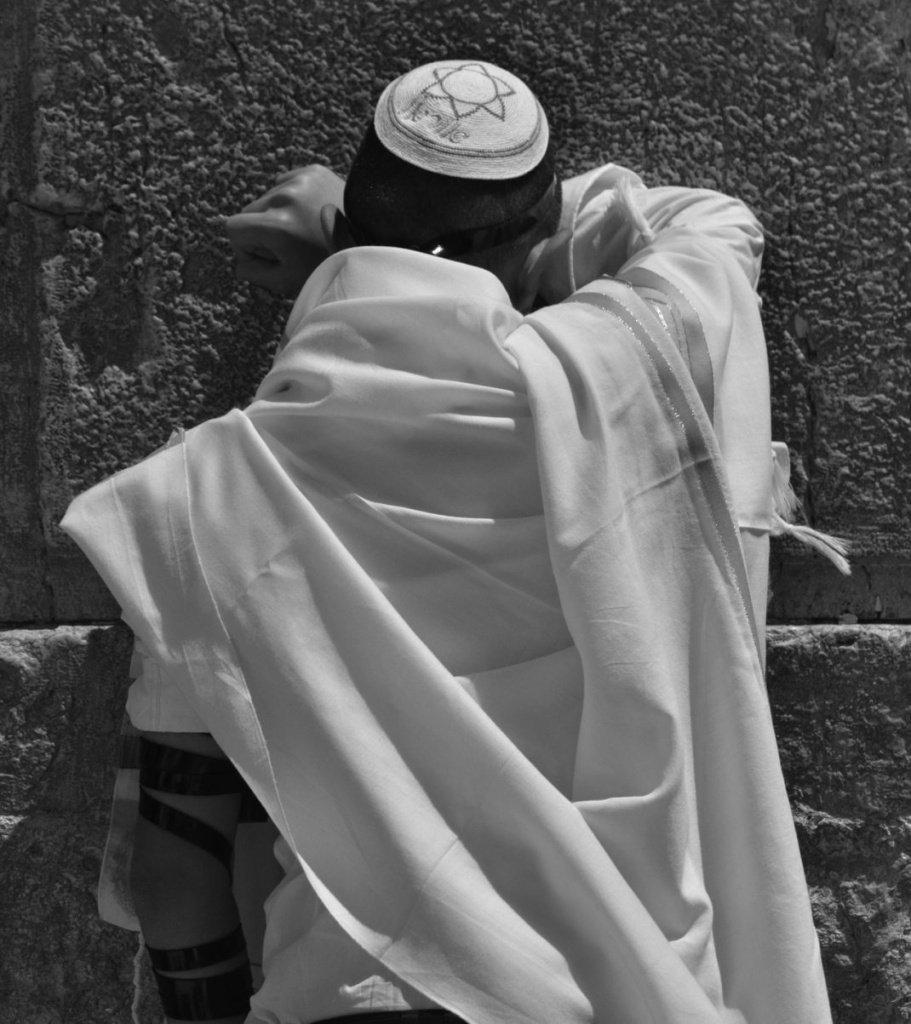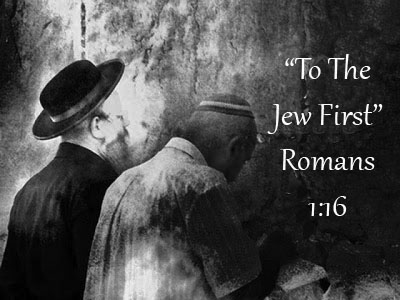Tisha B’Av – A Time to Mourn

By Sam Nadler
On August 10th after sunset, many in the Jewish community will be in great distress. No, they will not necessarily be in harm’s way, but rather they will be in a state of mourning. You see, the date will coincide with the Jewish day of remembrance called Tisha B’Av.
What’s in the Name?
Tisha B’Av, or “the 9th of Av” is a day on the Jewish calendar for fasting for the more observant among the Jewish people. Their distress comes from remembering the many tragic events that the rabbis teach happened on the 9th of Av in Jewish history. These events include:
The sin of the spies sent ahead into Canaan, caused the Lord to decree that the children of Israel who left Egypt would not be permitted to enter the Land of Promise.
The First Temple was destroyed.
The Second Temple was destroyed.
Betar, the fortress to hold out against the Romans during the Jewish revolt led by Simon Bar-Cochba in AD 135 fell, sealing the fate of the Jewish people and beginning the Jewish exile from Judea.
One year after the fall of Betar, the grounds of the Second Temple were plowed under.
In 1492, King Ferdinand of Spain issued an expulsion decree, setting Tisha B’Av as the final date by which not a single Jew would be allowed to walk on Spanish soil.
Who Observes Tisha B’Av?
Though most Jewish people have been secularized and are perhaps therefore unaware of Tisha B’Av, the Orthodox Jewish community takes it quite seriously. As the mourning period is at its pinnacle on this day, tradition prevents our people from shaving, eating, or partaking of any form of entertainment, etc. Thus, if your Jewish friends and acquaintances are observing Tisha B’Av, treat them as those in mourning, and do not invite them to go out to eat, to the movies, or any other enjoyable events. They will no doubt be quite reserved, solemn, and even sad. In fact, though they may be very good friends of yours, do not expect them even to greet you happily, because it is not permitted.
Tisha B’Av and Messiah
Though Tisha B’Av is a traditional commemoration , the rabbis have identified it with the biblical “fast of the fifth month [Av]” as noted in Zechariah 7:5, a fast which seems to have been instituted for repentance from the sins which brought about the Babylonian exile.
Interestingly enough, however, Zechariah goes on to speak of a transformation that will occur in the fast: “Thus says the LORD of hosts, ‘…the fast of the fifth…will become joy, gladness and cheerful feasts for the house of Judah; so love truth and peace'” (Zechariah 8:19).
This transformation is understood to occur in the Messianic age, when our sorrows will be turned to joy.
However, we who have trusted in Messiah Yeshua have already experienced the reality of the Lord’s grace, which is able to transform our sadness into gladness. Those of us who have received His grace can “rejoice in the Lord always” (Philippians 4:4). Nevertheless, we are still responsible for caring about those who are hurting, having compassion on them and even empathizing with them in their distress.
What can I do?
Should Messianic believers observe Tisha B’Av? That will be up to you and your congregation to decide for yourselves. If your personal or congregational witness identifies you with those who mourn, or if your congregation is located in a particularly observant Jewish community, it would be most appropriate to observe Tisha B’Av, for the Bible states that we should “weep with those who weep” (Romans 12:15). You could have a day of prayer for Israel and the Jewish people, or at the very least, avoid planning a celebration. If your witness is to a secular or less observant Jewish community, then commemorating Tisha B’Av might not communicate any witness at all and just seem odd.
As Paul wrote regarding his own witness in the Jewish community, “To those under the Torah, as under the Torah…to those without Torah as without Torah (1 Corinthians 9:20-21).
Communicating the truth of Israel’s Messiah effectively to the Jewish people depends largely on where those people are coming from. In all things let us love as we’ve been loved and “comfort others with the very comfort we have received” (2 Corinthians 1:4), that in all events and on all days Messiah Yeshua may be glorified and His peace proven to be sufficient for all. Pray for the Peace of Jerusalem!



